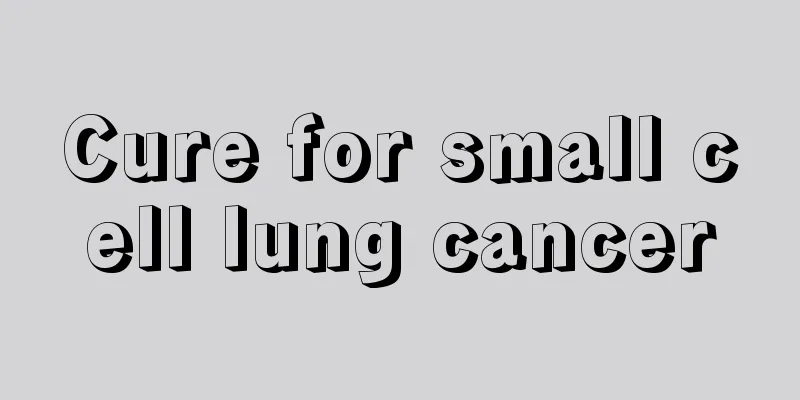Pain in three places in the early stage of breast cancer

|
Early breast cancer symptoms are not primarily pain, but may manifest as a series of symptoms. Early symptoms of breast cancer may include local discomfort, breast lumps, nipple retraction, skin changes, nipple discharge, etc. If the discomfort persists, it is recommended to seek medical attention in a timely manner and take appropriate measures under the guidance of a doctor. The details are as follows: 1. Local discomfort: In the early stages of breast cancer, you may feel mild pain and discomfort in your breasts, especially in postmenopausal women. However, this discomfort is usually not obvious and is easily ignored. If the symptoms are not obvious, you can temporarily observe them. If the symptoms persist or worsen, you should seek medical attention in time. 2. Breast lumps: In the early stage, a bean-sized lump can be felt in the breast, which is hard and movable. The lump is usually painless, but a few may have intermittent dull pain, pain or tingling. For lumps suspected of breast cancer, surgical removal of the diseased tissue can be performed for treatment. After surgery, chemotherapy, radiotherapy and other auxiliary treatments may be required. 3. Nipple retraction: The nipple may retract near the center, and the breast skin may be slightly sunken. These symptoms are usually related to the progression of breast cancer, and the treatment method should be formulated according to the severity of the disease and the specific situation of the patient. It may include surgery, radiotherapy, chemotherapy, etc. 4. Skin changes: Changes in the appearance of the breast may include skin bulges at the site of the lump, local skin tangerine peel, or even edema, discoloration, eczema-like changes, etc. For patients with nipple discharge, the nature and cause of the discharge should be clarified first. If it is caused by breast cancer, appropriate treatment methods should be selected according to the condition. 5. Nipple discharge: Nipple discharge may occur, and the nature of the discharge may include bloody, serous, watery, etc. Bloody discharge should be paid special attention and further examination is required. If lymph node enlargement is caused by breast cancer metastasis, appropriate treatment methods should be selected according to the condition, such as surgical resection, radiotherapy, chemotherapy, etc. Early detection and treatment are of great significance to improving the cure rate and survival rate of breast cancer. |
<<: The most obvious sign of stomach cancer
>>: The most obvious symptoms and manifestations of colon cancer
Recommend
What foods are good for intestinal health?
The intestine is the largest immune organ and the...
Will pancreatic tumor recur after removal?
Pancreatic tumor is the most common tumor among m...
Health care and rehabilitation diet therapy for gastric cancer patients
Gastric cancer is a common malignant tumor of the...
Is it harmful to wear a blood sandalwood bracelet
Bloodwood is a type of sandalwood and is harmless...
What is the difference between baking soda and alkali
Steamed buns and dumplings are both common staple...
Poor sleep makes my heart uncomfortable
Many people experience poor sleep and heart disco...
Is endometrial cancer contagious?
Women are very afraid of uterine diseases because...
What to do if lips peel severely
If the symptom of peeling lips is serious, we can...
Drinking milk can induce prostate cancer. Let me tell you the relationship between drinking milk and prostate cancer.
Prostate cancer is a tumor that occurs in the pro...
Is it dangerous to have pills stuck in the chest?
When people eat grains, it is inevitable that the...
What new drugs are there for treating bone cancer
Drugs for treating bone cancer are a major part o...
Do melon seeds have a high fat content?
Melon seeds are a type of nut. Many people eat me...
What is the correct way to wash a baby's butt?
As we all know, younger babies often poop in thei...
Where is breast cancer located in the breast?
Breast cancer lumps are often found in the outer ...
Fungi are one of the causes of esophageal cancer
The incidence of esophageal cancer has remained h...









